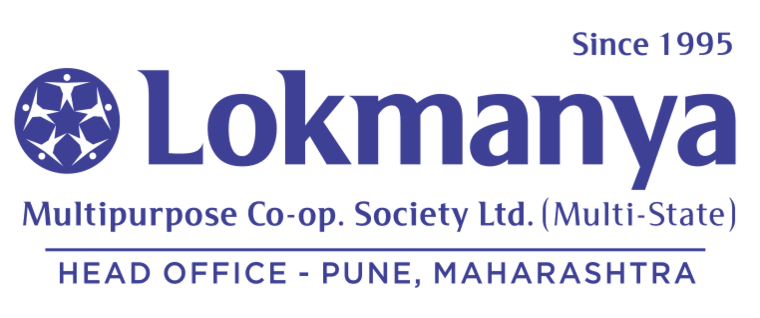When you’re considering taking out a loan, choosing the right one can make a big difference in how much you end up paying in interest, the repayment terms you face, and the overall cost of borrowing. Two popular options you might come across are gold loans and personal loans. Each has its own pros and cons, so understanding how they differ can help you make a more informed choice based on your financial situation. In this guide, we’ll break down gold loans and personal loans to help you figure out which one suits you better.
What Is a Gold Loan?
A gold loan is a secured loan where you use your gold—whether jewelry, coins, or bars—as collateral to borrow money. The loan amount is based on the value of the gold you pledge, and the lender holds onto it until you pay off the loan. Since it’s secured by a valuable asset, gold loans usually offer lower interest rates compared to unsecured loans.
What Is a Personal Loan?
Personal loans, on the other hand, are unsecured, meaning you don’t have to provide any collateral. Your eligibility is based on things like your credit score, income, and employment. Since there’s no collateral backing the loan, personal loans usually come with higher interest rates.
Key Differences Between Gold Loans and Personal Loans
Collateral Requirement
Gold Loan: Requires you to pledge your gold as collateral, with the loan amount tied to its value.
Personal Loan: No collateral is required. Approval is based on your financial standing and credit profile.
Interest Rates
Gold Loan: Typically has lower interest rates because the lender’s risk is reduced by the security of your gold.
Personal Loan: Usually comes with higher interest rates since the loan is unsecured and the lender faces more risk.
Loan Approval and Processing Time
Gold Loan: The process is usually fast with minimal paperwork, and funds can be disbursed the same day.
Personal Loan: Requires more documentation and a credit check, which can take a few days to process.
Impact on Credit Score
Gold Loan: Doesn’t heavily rely on your credit score, making it an option even if your score is low.
Personal Loan: Your credit score is a key factor. A higher score can get you better rates, while a lower score may lead to higher costs or rejection.
Loan Amount
Gold Loan: The amount is linked to the value of the gold you pledge, typically up to 75-90% of its market value.
Personal Loan: The amount you can borrow depends on your income and credit profile, with no connection to any asset.
Advantages of Gold Loans
Quick and Easy Funds
Gold loans provide fast access to money, making them ideal for emergencies. Since the loan is secured, approval is generally simpler.
Lower Interest Rates
The interest rates on gold loans tend to be lower, which can save you money over time.
Flexible Repayment Options
Many gold loans offer flexible repayment plans, including options to pay just the interest during the loan term and settle the principal later.
Disadvantages of Gold Loans
Risk of Losing Your Gold
If you fail to repay the loan, the lender can auction off your gold to recover the outstanding balance. It’s crucial to have a solid repayment plan in place.
Limited Loan Amount
The loan is limited by the value of the gold you pledge. If you need a larger loan, you may need more gold or another borrowing option.
Advantages of Personal Loans
No Collateral Needed
Since personal loans are unsecured, you don’t risk any of your assets.
Higher Loan Amounts for Qualified Borrowers
If you have a good credit score and stable income, you could qualify for a larger loan than what a gold loan might offer.
Use for Any Purpose
Personal loans are versatile and can be used for anything—from debt consolidation to vacations. There are no restrictions on how you use the money.
Disadvantages of Personal Loans
Higher Interest Rates
The unsecured nature of personal loans means they come with higher interest rates.
Longer Approval Times
Due to the more extensive approval process, getting a personal loan takes longer, which may not work if you need money urgently.
Strict Eligibility Requirements
Personal loans often have stringent requirements. If your credit score or income doesn’t meet the lender’s standards, approval might be difficult.
When to Choose a Gold Loan
Urgent Cash Needs: If you need money quickly, a gold loan can provide fast access to funds.
Lower Interest Rates: Gold loans generally offer more favorable rates.
Poor Credit Score: A gold loan is easier to get with a low credit score since it relies on the gold you pledge rather than your creditworthiness.
When to Choose a Personal Loan
No Collateral Available: If you don’t have gold or other assets to pledge, a personal loan is a better option.
Large Borrowing Needs: Personal loans may offer higher amounts than gold loans.
Good Credit Score: With a good credit score, you can secure competitive interest rates on a personal loan.
Conclusion
Both gold loans and personal loans offer distinct advantages depending on your needs. Gold loans are great if you need quick cash at a lower interest rate and have gold to pledge. Personal loans, meanwhile, provide flexibility in how you use the funds and don’t require collateral but may come with higher interest rates. The best choice depends on your specific financial circumstances, so take the time to evaluate your needs and repayment capacity before making a decision.

